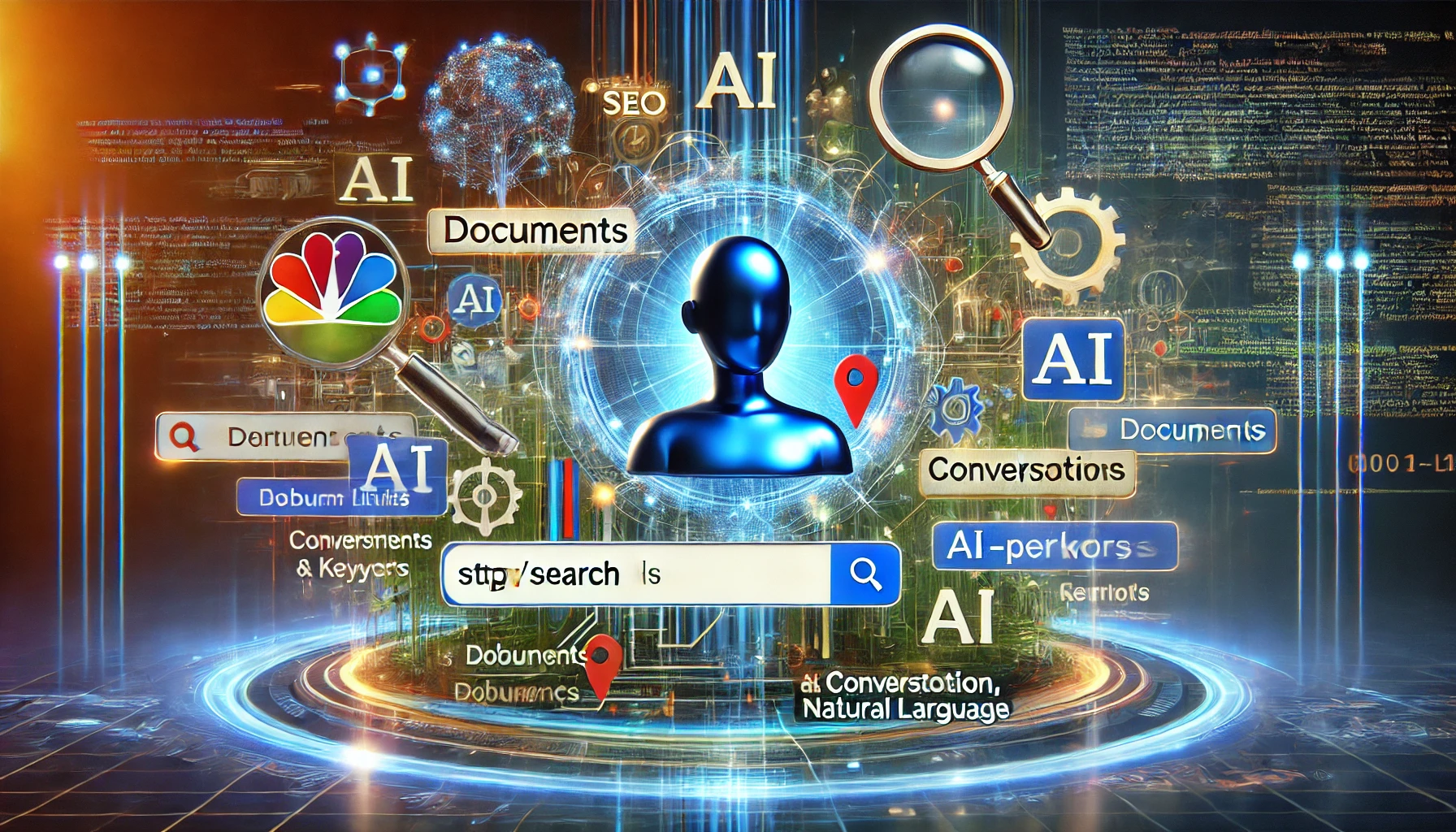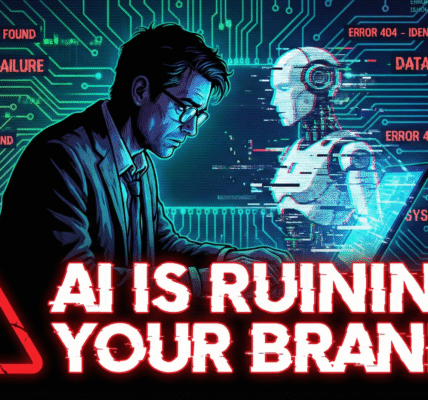In a recent episode of Google’s Search Off the Record podcast, the discussion centered around whether SEO is facing a decline due to the rise of AI in search. The conversation highlighted contrasting views: while some at Google claim SEO remains unaffected, many digital marketers and publishers feel otherwise.
Google’s Take on AI’s Impact on SEO
During the podcast, John Mueller introduced the question, “Do you think AI will replace SEO? Is SEO on a dying path?” Gary Illyes responded with skepticism, recalling that predictions about SEO’s demise have been around for decades. He noted that such forecasts have been wrong in the past, and he expects similar claims to surface again in the future. Illyes remained optimistic, stating, “SEO has been dying since 2001, so I’m not scared for it.”
This point resonates with many who’ve seen SEO evolve alongside changes in Google’s search algorithms over the years. However, as 2025 approaches, the role of AI in search is becoming more prominent, and it is undeniable that the landscape is shifting.
The Role of RAG in AI-SEO
A critical part of the discussion centered around Retrieval-Augmented Generation (RAG), a method that uses large language models (LLMs) to generate factually accurate answers by retrieving relevant data from external sources. John Mueller pointed out that SEO practices are still important for AI search engines, as search engines continue to rank content in ways similar to traditional methods. Even AI search engines like Perplexity AI use ranking systems derived from Google’s PageRank algorithm.
Mueller emphasized that SEO isn’t being replaced by AI but is evolving alongside it. He explained that SEO still involves optimizing content for search engines by ensuring it is crawlable and indexable, which feeds into AI-driven search results. This reassurance was aimed at those who fear AI will completely overhaul SEO as we know it.
The Real Impact of AI on SEO
While crawling and indexing may remain largely unchanged, AI is reshaping the factors that influence rankings. Google’s algorithms are increasingly using signals like content helpfulness, authority, and the distinction between human-created versus machine-created content. This shift is already having a significant impact on SEO and publishers alike.
For smaller publishers, the introduction of AI algorithms has been particularly disruptive. Algorithm updates have caused fluctuations in traffic, and there are concerns about preferential treatment for certain types of content, such as user-generated posts from Reddit. Additionally, expert content has often been sidelined in favor of AI-generated summaries.
Three Key Changes AI Brings to SEO and Publishing
- Organic SERPs Are Becoming Obsolete: The classic “ten blue links” that once dominated search results have been diminishing in relevance for years, and AI is accelerating this trend.
- Natural Language Search Queries: AI’s ability to handle conversational and complex queries marks a departure from the traditional keyword-based model. Content creators, who have long optimized for specific keywords, now face the challenge of adapting to this evolving query structure.
- Capricious AI Algorithms: AI-powered ranking algorithms can change unexpectedly, making it difficult for SEOs and publishers to maintain consistent rankings. These frequent updates create instability, undermining the reliability of traditional SEO practices.
The Disconnect Between Google and the Web Ecosystem
The increasing integration of AI in search has significantly impacted publishers of all sizes. Traffic has plummeted for many websites, a reality that Google’s podcast sidestepped. Some fear that Google’s approach, combined with the growing role of AI, is disconnected from the struggles of publishers across the web ecosystem.
The real question might not be whether SEO is dying but whether the very nature of publishing is being altered by AI. With AI influencing both how content is ranked and how users search, the digital landscape continues to evolve, leaving many to wonder what the future holds for SEO and content creators alike.



